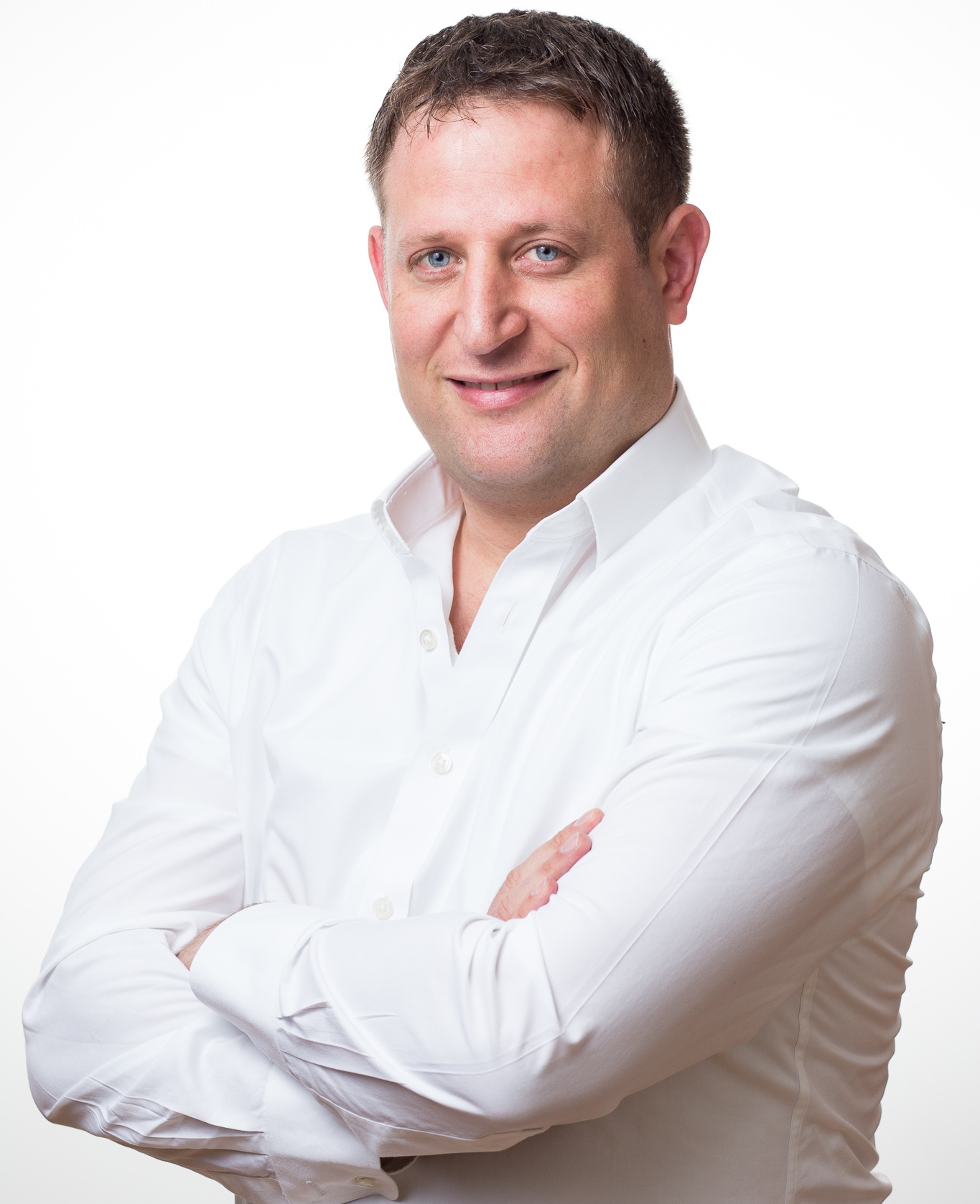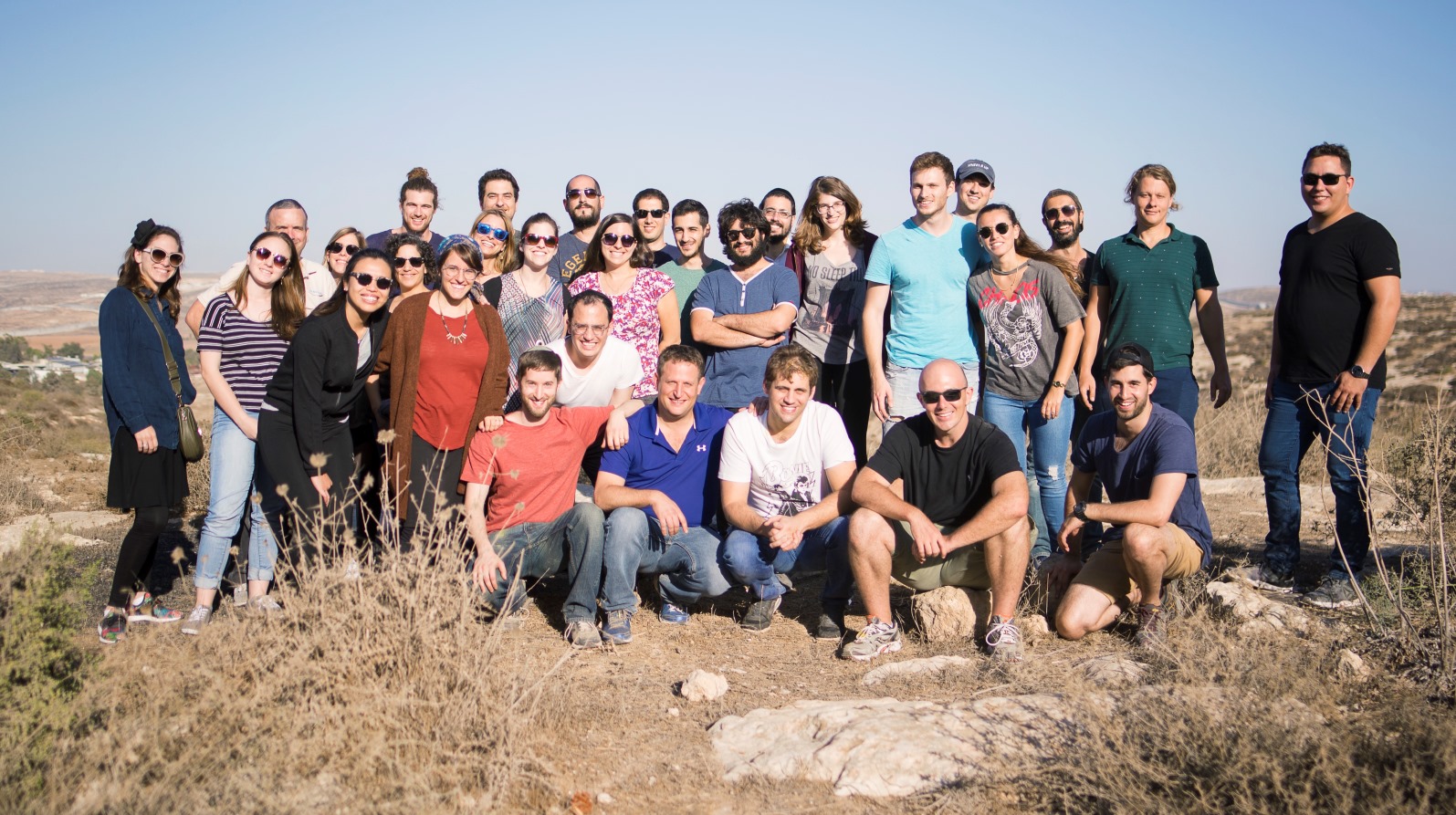Running a background check for a sensitive job in an investment bank, government office or large corporation traditionally takes 10 to 15 days. In today’s fast-moving world, where a tweet can change everything in a matter of seconds, that’s too long.
Shlomo Mirvis saw that background checks were done manually at an Israeli intelligence firm he worked for. “The world of background checks hardly changed in the last 40 years,” he tells ISRAEL21c.
In 2014, Mirvis founded Intelligo, which uses artificial intelligence (AI) to automate the background-check process. The company’s key product, Clarity, can return initial results within an hour and have a full report on a client’s desk in two days.
Moreover, the report Clarity produces is not the 40-page behemoth that leading background-check companies typically deliver. “It’s more like an interactive NSA system in your office. It has a beautiful management dashboard that highlights the most important data,” Mirvis explains. “You then click to drill down.”

Making sense of data has always been a challenge in the background-check business, but it’s even more critical today, when AI can crawl through millions of data points across the Internet. Processing all that information used to be a liability, overwhelming the human beings running the checks with irrelevant items. But all that data “is a tremendous asset to AI,” Mirvis says.
Indeed, AI shines the brightest when it can make connections and identify patterns in the way that only a machine can. AI-powered tools like Clarity increase clients’ odds of finding “needles in the haystack,” Mirvis adds.
Another AI advantage: it can check and recheck a target’s background automatically, ensuring that any red flags on individuals or companies are discovered in real time.
Clarity’s sweet spot is what’s known in the banking world as KYC – “Know Your Client” – a regulatory requirement aimed at preventing money laundering. It’s not intended so much for small personal accounts (although banks have to run simple background checks for those, as well) but rather for large investors and big corporations.
“The problem is, KYC is a burden on clients,” Mirvis says. “It’s something they have to do but they don’t really want to do. We wanted to create a way for background checks to serve the client and not be a burden.”
Clarity dives deep into search engines, social media, blogs and a wide variety of databases to capture information. Most of it comes via Intelligo’s own web scrapers, although the company does buy some data from third parties.

Intelligo signaled in November of last year that it would be putting a greater emphasis on homeland security. The company signed up Michael McConnell, a former director of the US National Security Agency, and Pinhas Buchris, who headed the IDF’s exclusive 8200 Unit, to serve on its advisory board. Buchris was also the managing director of the Israeli Ministry of Defense from 2007 to 2010.
National security is a big niche. The US government has a security-clearance backlog of more than 700,000 applicants and is paying billions of dollars for employees already on the payroll but yet to be cleared.
“What I have learned in all of my years of experience both in the military and in the private sector, comes down to one thing – people,” Buchris said. “Selecting the right people at the right time is critical … Intelligo provides this information, allowing for total transparency throughout the due-diligence process.”
Intelligo charges clients on a Service as a Software (SaaS) basis and, even though Clarity was only recently released as a for-sale product, “some clients who had been beta testing it insisted on paying for the product,” Mirvis tells ISRAEL21c.
Intelligo is based in Petah Tikva and has a staff of 38. The company raised $5.7 million in October 2017 as part of a Series A round from New York-based investment firm Governing Dynamics and Eileen Murray, co-CEO at Bridgewater Associates.
The investors were impressed not only by the Clarity technology but by Intelligo’s customer base. “Some of the largest investment banks are our clients,” Mirvis says.
Intelligo is focusing on the United States for now, although Mirvis says the company “is getting a lot of interest from Europe and especially from the UK. We hope to expand there by the end of 2018.”
“Automating this level of research was always considered the unattainable holy grail,” Mirvis told the tech website Tech.eu after closing the Series A round. The launch of Clarity “fulfills our vision of bringing due diligence into the 21st century.”














